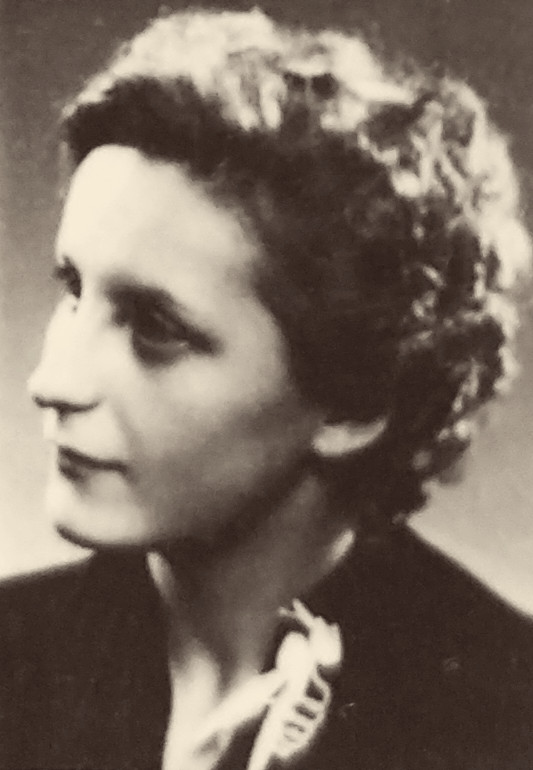They heard about their father‘s death on the Cap Arcona ship on the radio from E. F. Burian

Stáhnout obrázek
She was born on June 29, 1938 in Litol near Lysá nad Labem to Mr. and Mrs. Hanousek. Her father, Karel Hanousek, worked as an acquisition clerk in an insurance company and after the declaration of the Protectorate of Bohemia and Moravia he was assigned to work in a German company in Kolín as a translator. Later, his German employer sent him to a branch near Paris in German-occupied France. Because of listening to banned radio broadcasts, the Germans imprisoned him in the Neuengamme concentration camp near Hamburg. At the end of April 1945, he was among the 9,000 prisoners evacuated by the Germans from the camp to the port of Lübeck, where they were put on four ships. The contemporary witness’s father was on the German steamship called Cap Arcona, which was attacked by British pilots on 3 May 1945. Those pilots believed that the ship was carrying German officials to Denmark and Norway. Karel Hanousek died in the bombing, as did most of the prisoners. The contemporary witness’s mother learned of his death on the radio from the director E. F. Burian, who survived the attack on Cap Arcon and read the names of his deceased fellow prisoners on the radio broadcast. During the war the contemporary witness lived with her mother in the village of Oleška near Kostelec nad Černými Lesy, where her father‘s parents lived. In 1947, she moved with her mother to Nové Ouholice in the Mělník region, where her stepfather had a garden center. She attended the primary school in Nová Ves and the eleven-year school in Kralupy nad Vltavou. After graduating from high school, she worked as an educator, married Zdeněk Mečl in 1959 and moved to Liberec, where her husband studied at the College of Engineering and Textile. In Liberec, she worked as a first grade teacher and later as a deputy headmaster, and her husband was the headmaster of the Secondary Industrial Textile School for thirty years. They had two sons - the older one, Zdeněk, made a name for himself in the textile industry, the younger one Jan is the head of urology at the hospital in Liberec. In January 2023 she lived in the Františkov Retirement‘ Home in Liberec.

















